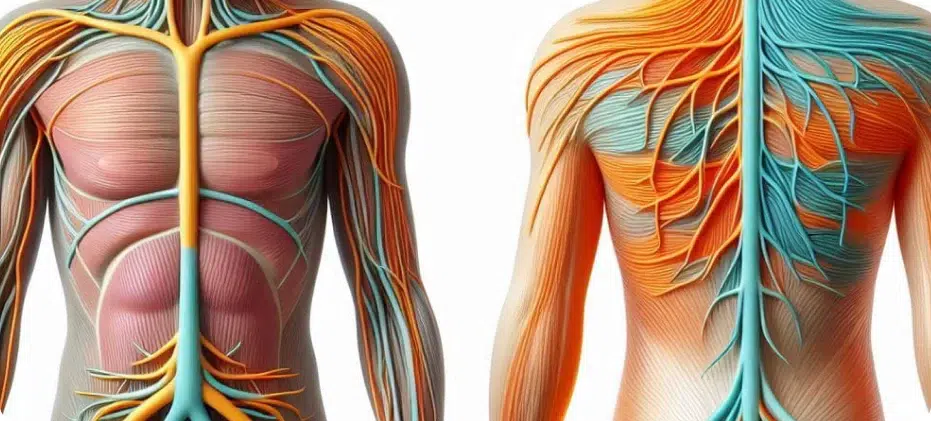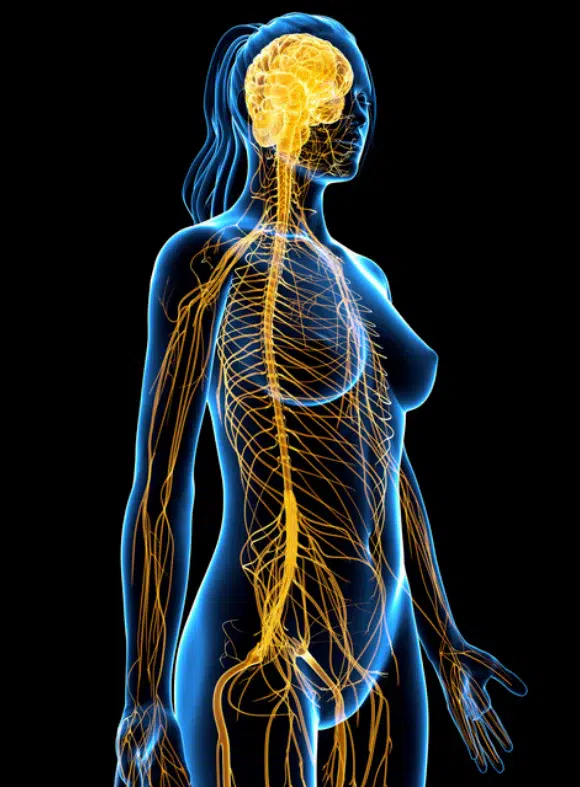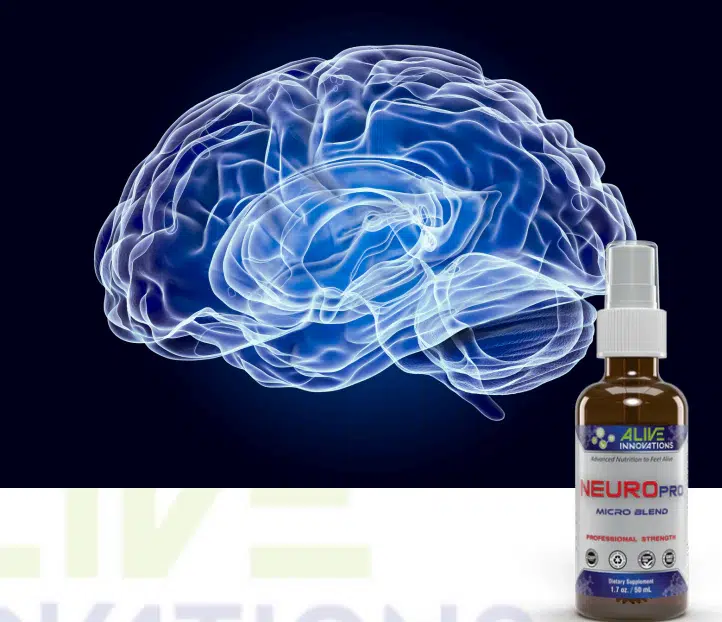Jared Murray, CWC
Solfeggio frequencies are a set of specific tones that are believed to have unique therapeutic properties. These frequencies are used in various healing practices to promote mental, emotional, and physical well-being. They are thought to correspond with specific brain wave frequencies, which can be harnessed to achieve different states of consciousness and therapeutic outcomes. This article explores the relationship between Solfeggio frequencies, brain wave frequencies, their clinical applications, and the innovative use of programmable frequency devices from Alive Innovations.
Solfeggio frequencies are a series of tones used in sound healing, with each frequency believed to provide different healing properties. They range from 396 Hz to 963 Hz and are thought to correspond to various brain wave states.
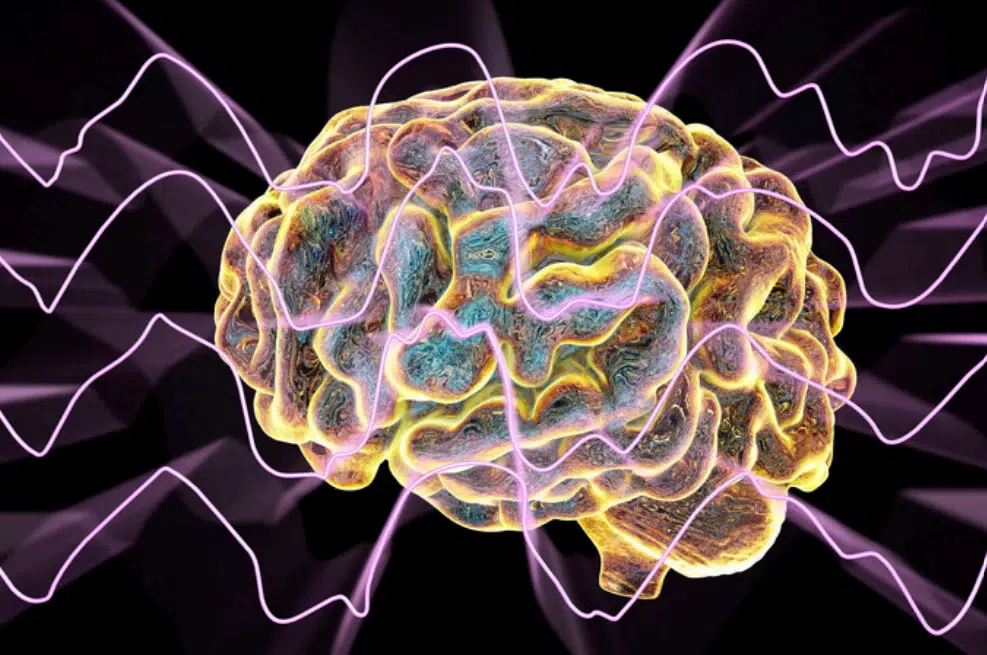
Different brain wave states are associated with various cognitive and emotional functions, and inducing these states can have specific therapeutic benefits.
- Characteristics: Deep sleep, restorative sleep
- Therapeutic Effects: Healing and regeneration, reducing anxiety and stress
- Applications: Insomnia, PTSD, chronic pain
- Characteristics: Deep relaxation, meditation, creativity
- Therapeutic Effects: : Accessing subconscious thoughts, enhancing creativity, reducing anxiety
- Applications: Trauma therapy, addiction recovery, meditation practices
- Characteristics: Relaxation, mental coordination, stress reduction
- Therapeutic Effects: Promoting relaxation, improving mood, reducing stress
- Applications: Anxiety disorders, stress management, depression
- Characteristics: Active thinking, focus, problem-solving
- Therapeutic Effects: Enhancing concentration, improving alertness, reducing ADHD symptoms
- Applications: ADHD, cognitive enhancement, learning disabilities
- Gamma Waves (30-100 Hz)
- Characteristics: Cognitive function, memory, information processing
- Therapeutic Effects: Enhancing cognitive performance, improving memory, increasing focus
- Applications: Schizophrenia, obsessive thoughts, cognitive disorders
Alive Innovations offers programmable frequency devices that can be tailored to emit specific Solfeggio frequencies, thereby inducing desired brain wave states for therapeutic purposes. These devices offer a non-invasive and customizable approach to managing various mental health conditions.
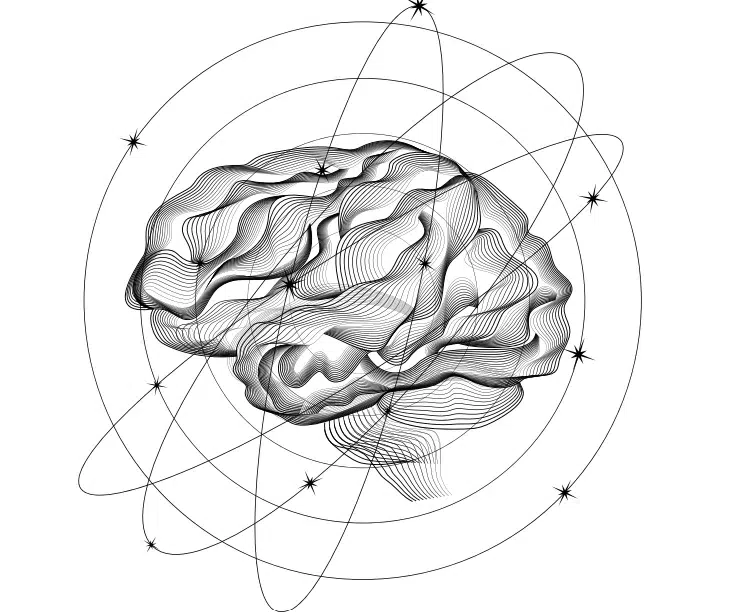
- PTSD: Inducing theta waves to help with trauma recovery and emotional healing.
- Anxiety and Depression: Inducing theta waves to help with trauma recovery and emotional healing.
- Cognitive Dysfunction: Utilizing alpha waves to promote relaxation and improve mood.
- Cognitive Dysfunction: Enhancing beta and gamma waves to improve focus, memory, and cognitive performance.
- Insomnia: Increasing delta waves to promote deep and restorative sleep.
The integration of Solfeggio frequencies and brain wave frequency induction presents a promising avenue for therapeutic interventions. By leveraging the unique properties of these frequencies, programmable devices from Alive Innovations offer a novel approach to enhancing mental and emotional well-being. Continued research and clinical application will further elucidate the potential of these technologies in promoting holistic brain health.
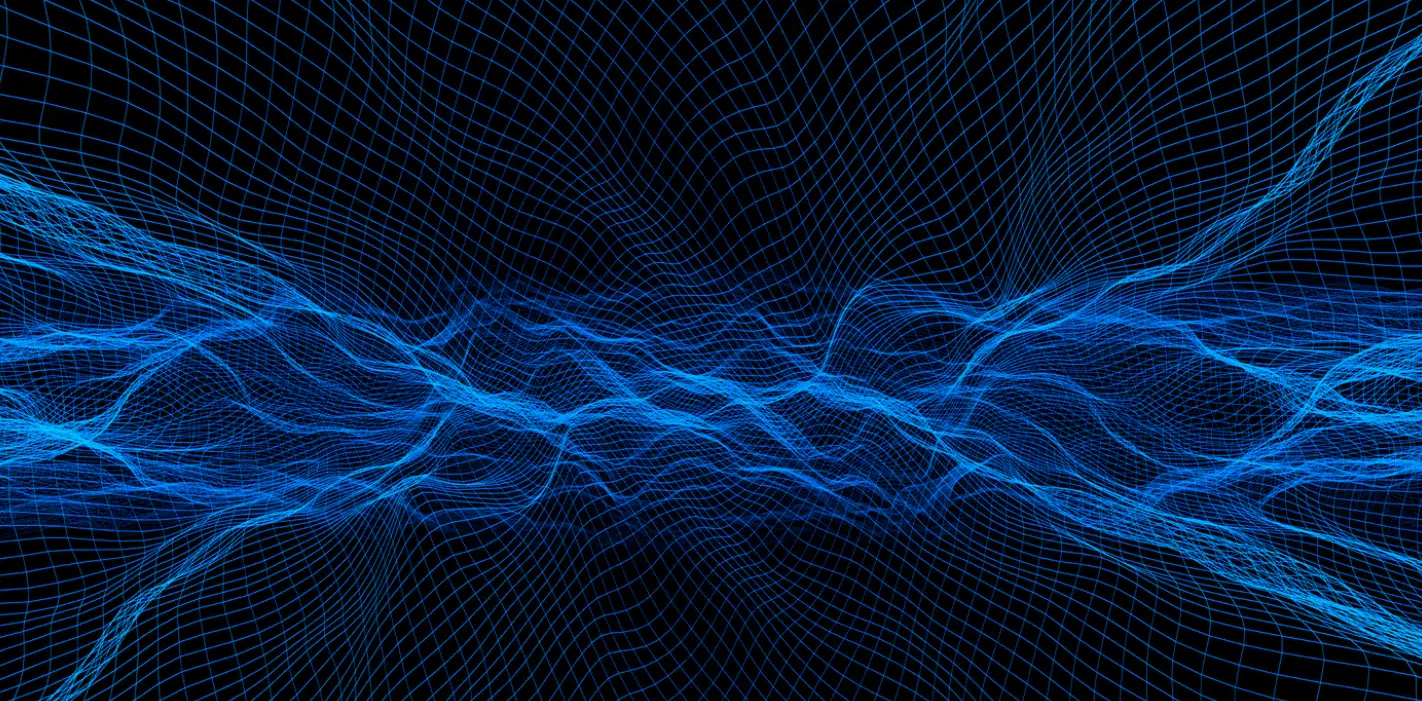
- Lane, J. D., Kasian, S. J., Owens, J. E., & Marsh, G. R. (1998). Binaural auditory beats affect vigilance performance and mood. Physiology & Behavior, 63(2), 249-252.
- Kramer, U. M., Rojo, N., Schule, R., Cunillera, T., Munte, T. F., & Rodriguez-Fornells, A. (2013). The oscillatory network of motor plasticity after piano learning in adults. NeuroImage, 74, 21-32.
- Watson, A., Gunasingh, T. G., & O’Connell, M. (2002). EEG entrainment with binaural beats: The patterning of cognitive and affective response in first year Psychology students. Australian Journal of Clinical Hypnotherapy and Hypnosis, 23(1), 30-39.
- Peniston, E. G., & Kulkosky, P. J. (1990). Alpha-theta brainwave training and betaendorphin levels in alcoholics. Alcoholism: Clinical and Experimental Research, 14(2), 271-279.
- Horowitz, S., & Horowitz, S. (2013). Sound Medicine: Music and the Brain. Alternative and Complementary Therapies, 19(1), 21-25.
- Entrainment Journal. (2005). The Healing Power of 528 Hz Frequency
- Lubar, J. F. (1997). Neocortical dynamics: Implications for understanding the role of neurofeedback and related techniques for the enhancement of attention. Applied Psychophysiology and Biofeedback, 22(2), 111-126.
- Klimesch, W. (1999). EEG alpha and theta oscillations reflect cognitive and memory performance: a review and analysis. Brain Research Reviews, 29(2-3), 169-195.
- Monroe, R. A. (1993). Journeys Out of the Body. Harmony.
- Sterman, M. B. (1996). Physiological origins and functional correlates of EEG rhythmic activities: Implications for self-regulation. Biofeedback and Self-regulation, 21(1), 3-33.
- Tallon-Baudry, C., Bertrand, O., Delpuech, C., & Pernier, J. (1999). Oscillatory gammaband (30-70 Hz) activity induced by a visual search task in humans. Journal of Neuroscience, 17(2), 722-734.
- Lutz, A., Greischar, L. L., Rawlings, N. B., Ricard, M., & Davidson, R. J. (2004). Long-term meditators self-induce high-amplitude gamma synchrony during mental practice. Proceedings of the National Academy of Sciences, 101(46), 16369-16373.
- Picower Institute for Learning and Memory. (2023). Cortical oscillations and neural synchrony in attention deficit hyperactivity disorder. Nature Neuroscience.
Please note that this is medical information, None of the information presented here or on our social media is intended to service as medical, legal, or regulatory counsel. Users are encouraged to seek professional assistance and counsel if they are concerned about a specific medical, legal, or regulatory issue. None of the statements on this video have not been evaluated by the Food and Drug Administration. These products mentioned are not intended to diagnose, treat, cure, or prevent any disease. The information presented is intended for mainly professional usage and educational purposes and targeted for the US specifically; it is not intended to make claims about any products or services; for more information call 800-454- 1920/ [email protected]


